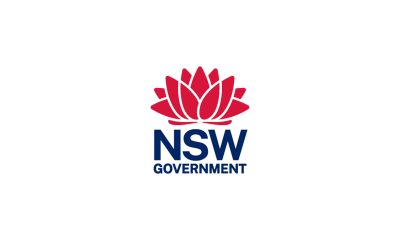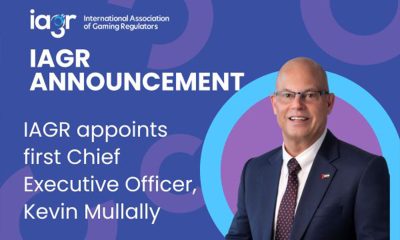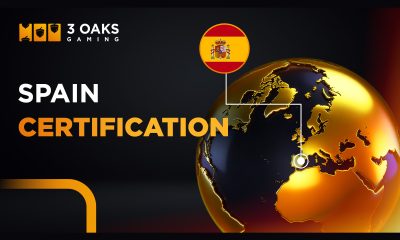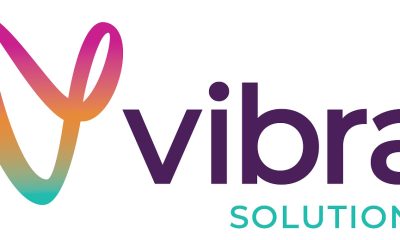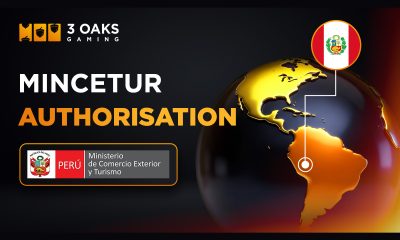Compliance Updates
Nebraska: Proposal to Legalize Mobile Sports Betting Advances
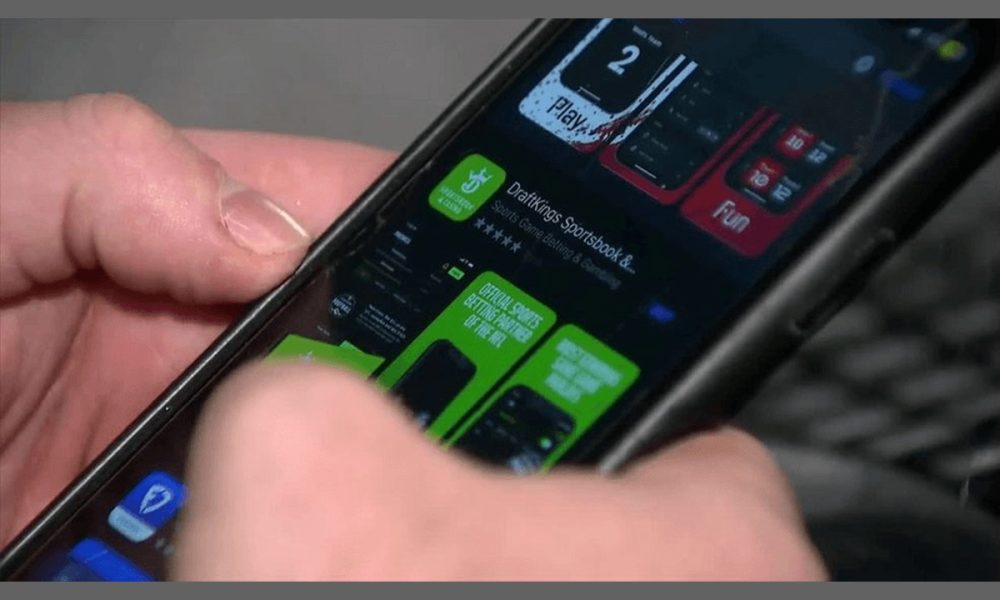
Mobile online sports betting would be legal in Nebraska under a bill advancing in the Legislature, but trouble could still lie ahead for the proposal.
Sen. Eliot Bostar introduced the proposed state constitutional amendment that would let people make sports bets on their phone from anywhere in the state. Bostar says Nebraskans are already betting, either by going to a casino, a neighboring state or using illegal, unregulated platforms.
“I introduced this not because I think gambling is a great thing, not because I want everyone to do it, not because I think you should like it, or anyone should, but fundamentally because it’s already happening. Our prohibition on mobile sports betting here in save Nebraska is not stopping anyone from engaging in that activity,” Bostar said.
Sen. Jason Prokop has made the proposal his priority this session. Prokup talked about Nebraskans who cross the Mormon Bridge into Iowa and congregate at the first off I-680 to place bets during the football season.
“There’s no reason why a corn field in Iowa, just off the interstate, should be touted as the busiest corn field in America. Senators, those are your and my constituents using this product, spending their money and paying taxes in another state, simply because our Constitution does not provide for it,” he said.
Bostar said Nebraska is losing tax revenue.
“Nebraska is currently missing out on a $1.6 billion state online industry and $32 million in annual tax revenue, which instead goes to neighboring states like Iowa, Colorado, Kansas and Wyoming. Legalizing online mobile sports betting through LR20CA could significantly boost state revenues dedicated to the property tax credit fund, helping to address the burden of high property taxes,” he said.
Sen. Jared Storm seemed unmoved.
“I’ve been in the body for three months. I’m a freshman senator, and it seems like the common thread I keep seeing here is, if you want to pass your bill or get something through here, you say it’s going to lower property taxes. That’s kind of the buzz word,” he said.
Strong offered a different interpretation of any tax revenue.
“I would view this as taxation by exploitation. We’re going to exploit people to get tax revenue out of them, mainly young men. So you’re going to have students at UNL, students at UNK, other universities, who are going to gamble away their tuition on online sports betting. They’re going to gamble away their rent online sports gambling. I think as state senators, we have to stand up for those people,” he said.
Sen. Rob Clements read a letter from a mother whose son got in financial trouble from sports betting and died by suicide last year.
“The $10,000 bet my son frenetically placed on a losing NHL Stanley Cup game during the last 48 hours of his life, was followed by a series of still more frenetic bets placed in isolation on his phone as he tried to win back his massive loss. It is clear that he died alone,” Clements read.
But Sen. Ben Hansen argued incidents like that should not be enough to prohibit sports betting.
“How far do we restrict people’s liberties and their rights? This is always a tough one, because we do see some of the ills, the pitfalls some of our citizens can fall into. But do we take that right away from them for that reason? If we take away that right because of addictive factors, we better get rid of alcohol. We better get rid of smoking. We better get rid of refined sugar, one of the most addictive things that we legalize here in Nebraska. We better get rid of a lot of addictive behaviors in the state of Nebraska,” he said.
Sen. Rick Holdcroft read a letter from former Congressman Tom Osborne, former Gov. Kay Orr, Sen. Pete Ricketts and State Auditor Mike Foley opposing the proposal.
“Legalizing online sports betting in Nebraska would turn every cell phone, laptop and tablet into a gambling device available 24 by seven, online sports betting can lead to new people developing gambling disorders, puts young men in the addiction bulls eye and will take money away from the main street Nebraska businesses,” he said.
Gov. Jim Pillen has supported legalizing online sports betting in the past. And Sen. Tom Brandt said the proposal should be approved.
“In Nebraska, alcohol, tobacco, gambling, guns, whether you wear a helmet, we let grown ups decide that. We let our people decide that. Does everybody make a good decision? They do not. There are consequences to some bad decisions, but we let them decide for themselves. Mobile betting should be the same way,” he said.
But Sen. Brad von Gillern said mobile betting was an especially threatening form of gambling.
“My opposition to LR20CA is not from a moral position against gambling as a whole. I provided tons of data to you that illustrates that this is a predatory process that primarily pursues young men,” he said.
After about three hours of debate, senators voted 27-16 to give the bill first-round approval. But von Gillern vowed to filibuster it at the second round of debate, when opponents need only talk for four hours, instead of eight, before supporters can try to cut off debate and vote on the bill itself. That takes 33 votes, and von Gillern predicted it would be close.
The post Nebraska: Proposal to Legalize Mobile Sports Betting Advances appeared first on Gaming and Gambling Industry in the Americas.
Compliance Updates
MGA Publishes Results of Thematic Review on Self-exclusion Practices in Online Gaming Sector
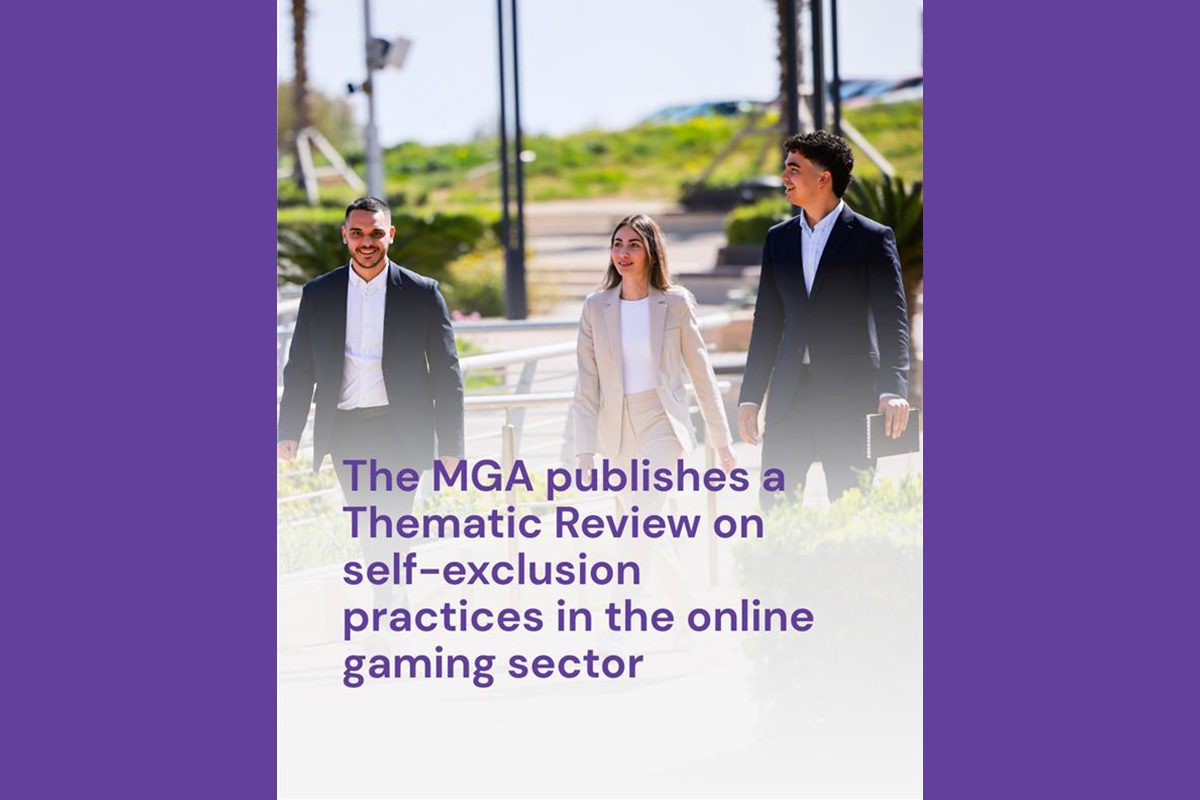
The Malta Gaming Authority (MGA) has published the results of a Thematic Review on how online B2C licensees implement self‑exclusion and other responsible gambling safeguards. The Review sought to identify any systemic weaknesses and clarify regulatory expectations relating to player protection, highlighting areas performing well as well as opportunities for licensees to strengthen their practices.
The Review was carried out in 2025 following reports that some players were able to access multiple brands despite being self‑excluded due to problem gambling. It examined the real‑world performance of player protection tools across 20 licensees and 58 active URLs. A mystery shopping exercise assessed the effectiveness of self‑exclusion processes, cross‑brand account controls, and the presentation of responsible gambling protections at key points of play.
The findings presented in this document reaffirm the Authority’s ongoing commitment to safeguarding players and upholding the integrity of the online gaming sector. Overall, the Thematic Review indicates a positive level of compliance, with the majority of licensees assessed demonstrating practices that are broadly in line with regulatory expectations. At the same time, the Review highlights opportunities for further strengthening player protection measures across the sector.
The assessment outlines the specific areas where enhancements would be beneficial. These include delays in activating self‑exclusion, instances where exclusions were lifted without applying a mandatory cooling‑off period, challenges in detecting duplicate or closely matching player identity details across brands, the absence of limit‑setting prompts during registration, and incomplete information displayed within Reality Check pop‑ups. Together, these findings provide guidance where systems and processes can be enhanced to ensure player protection measures operate as intended.
The Authority has communicated the findings to the relevant licensees, each of whom has been asked to address the points raised and submit rectification plans. Follow‑up supervisory engagement will continue where necessary, including monitoring the implementation of corrective actions. This work forms part of the Authority’s broader risk‑based oversight approach, aimed at promoting higher and more consistent standards of player protection across the sector.
Through this Guidance Document, the Authority encourages all licensees to use the insights from this Review to reinforce their internal frameworks, enhance their responsible gambling controls, and continue contributing to a safer and more sustainable gaming environment.
The post MGA Publishes Results of Thematic Review on Self-exclusion Practices in Online Gaming Sector appeared first on Eastern European Gaming | Global iGaming & Tech Intelligence Hub.
Adventure One QSS
Dutch Gambling Authority Imposes Penalty on Adventure One QSS for Illegal Gambling
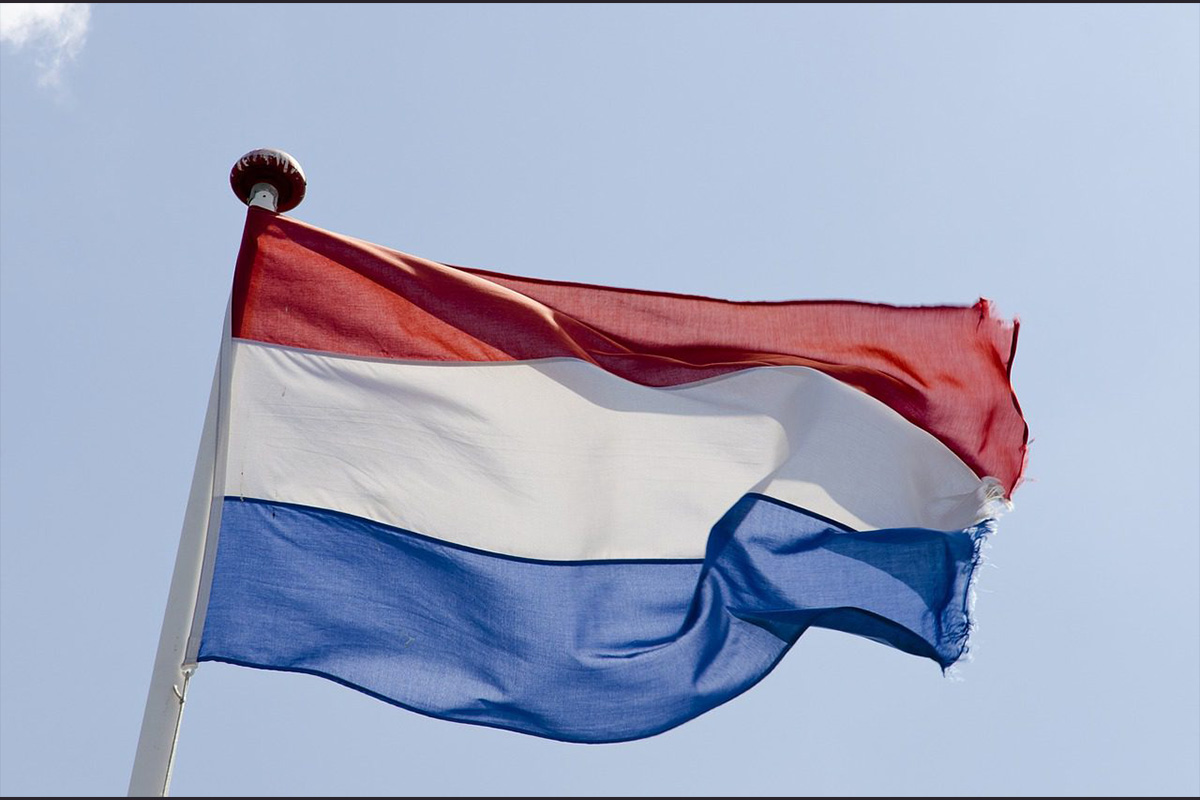
The Netherlands Gambling Authority (KSA) has imposed a penalty on Adventure One QSS Inc. for illegal gambling. Adventure One offers games of chance on the Dutch market under the Polymarket brand name, without a license. The KSA has called on Polymarket to cease its activities immediately. If it fails to do so, the company will be fined €420,000 per week, with a maximum of €840,000.
Polymarket has been frequently in the news in recent months, particularly regarding betting on the Dutch elections. Although Polymarket itself states that prediction markets do not fall under the category of gambling, the Netherlands Gambling Authority (KSA) has taken a different stance. After contacting the company about its illegal activities on the Dutch market, there has been no visible change, and the offering remains available. The Netherlands Gambling Authority therefore imposed this order, subject to a penalty. A turnover-related fine may also be imposed at a later date.
Ella Seijsener, director of licensing and supervision at the Netherlands Gambling Authority (KSA), said: “Prediction markets are on the rise, including in the Netherlands. These types of companies offer bets that are not permitted in our market under any circumstances, not even by license holders. Besides the social risks of these kinds of predictions (for example, the potential influence on elections), we conclude that this constitutes illegal gambling. Anyone without a KSA license has no business in our market. This also applies to these new gambling platforms.”
The post Dutch Gambling Authority Imposes Penalty on Adventure One QSS for Illegal Gambling appeared first on Eastern European Gaming | Global iGaming & Tech Intelligence Hub.
Brais Pena Chief Strategy Officer at Easygo
Stake Goes Live in Denmark Following Five-Year Licence Approval
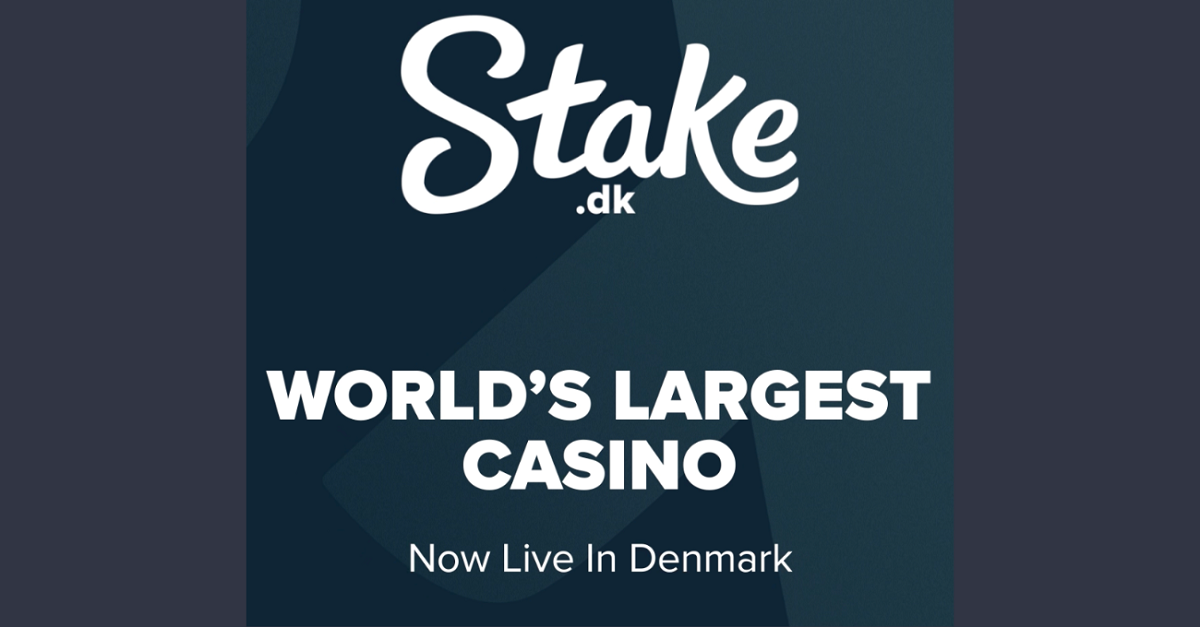
Stake, the largest online casino and sportsbook globally, today proclaims its official entry into Denmark after obtaining a five-year online casino and sports betting license. The shift reinforces Stake’s enduring dedication to enhancing its global growth strategy.
Denmark is often seen as a regulatory success within the European online gambling scene, and Stake has now introduced its flagship, internationally recognized product to the Danish market. Players will unlock access to Stake’s top-tier casino and sportsbook, showcasing exceptional games, cutting-edge technology, and an exceptional user experience, all provided with a strong local emphasis.
Starting 1 March 2026, Stake Denmark will set up its new headquarters at Parken Stadium, the national football stadium of Denmark and the home ground for FC Copenhagen.
Peter Eugen Clausen, Managing Director at Stake Denmark, said: “Denmark has one of the most well-regulated and competitive gaming markets in Europe, and that’s exactly what makes it so exciting. With Stake’s arrival, Danish players can expect a fresh, world-class experience backed by global scale and strong local focus. We’re raising the bar in terms of product, transparency, and entertainment, and I believe increased competition from brands like Stake will only drive the market forward in a positive way.”
Brais Pena, Chief Strategy Officer at Easygo, the technology company behind Stake, said: “Denmark marks our entry into the Nordics and represents a clear win in one of Europe’s most mature and high-value markets. With each new market, our momentum continues to build as we deliver on our global expansion strategy.”
Since its inception in 2017, Stake has positioned itself as the top betting and gaming brand globally by continually presenting advanced technology and novel gaming experiences for players around the globe. Upon entering Denmark, Stake maintains its dedication to player safety and responsible gaming, guaranteeing that gambling stays enjoyable, secure, and entertaining by providing extensive tools and resources that assist customers in comprehending and monitoring their gambling behavior.
The post Stake Goes Live in Denmark Following Five-Year Licence Approval appeared first on Eastern European Gaming | Global iGaming & Tech Intelligence Hub.
-

 Amusnet6 days ago
Amusnet6 days agoWeek 7/2026 slot games releases
-

 Brino Games6 days ago
Brino Games6 days agoQTech Games integrates more creative content from Brino Games
-

 Aphrodite’s Kiss6 days ago
Aphrodite’s Kiss6 days agoLove on the Reels: Slotland Introduces “Aphrodite’s Kiss”
-

 Alex Malchenko6 days ago
Alex Malchenko6 days agoEvoplay Strengthens Canadian Presence with BetMGM Partnership
-

 3 Oaks Gaming6 days ago
3 Oaks Gaming6 days ago3 Oaks Gaming Enters Spanish Market
-

 AMLA7 days ago
AMLA7 days agoAMLA Launches Public Consultation on Three Draft Regulatory Acts
-

 app launch Feb 20267 days ago
app launch Feb 20267 days agoVibra Solutions Powers Betxico Mobile App Launch in Mexico — Scalable iGaming Platform
-

 3 Oaks Gaming6 days ago
3 Oaks Gaming6 days ago3 Oaks Gaming Secures Registration from MINCETUR to Enter the Regulated Peruvian Market











